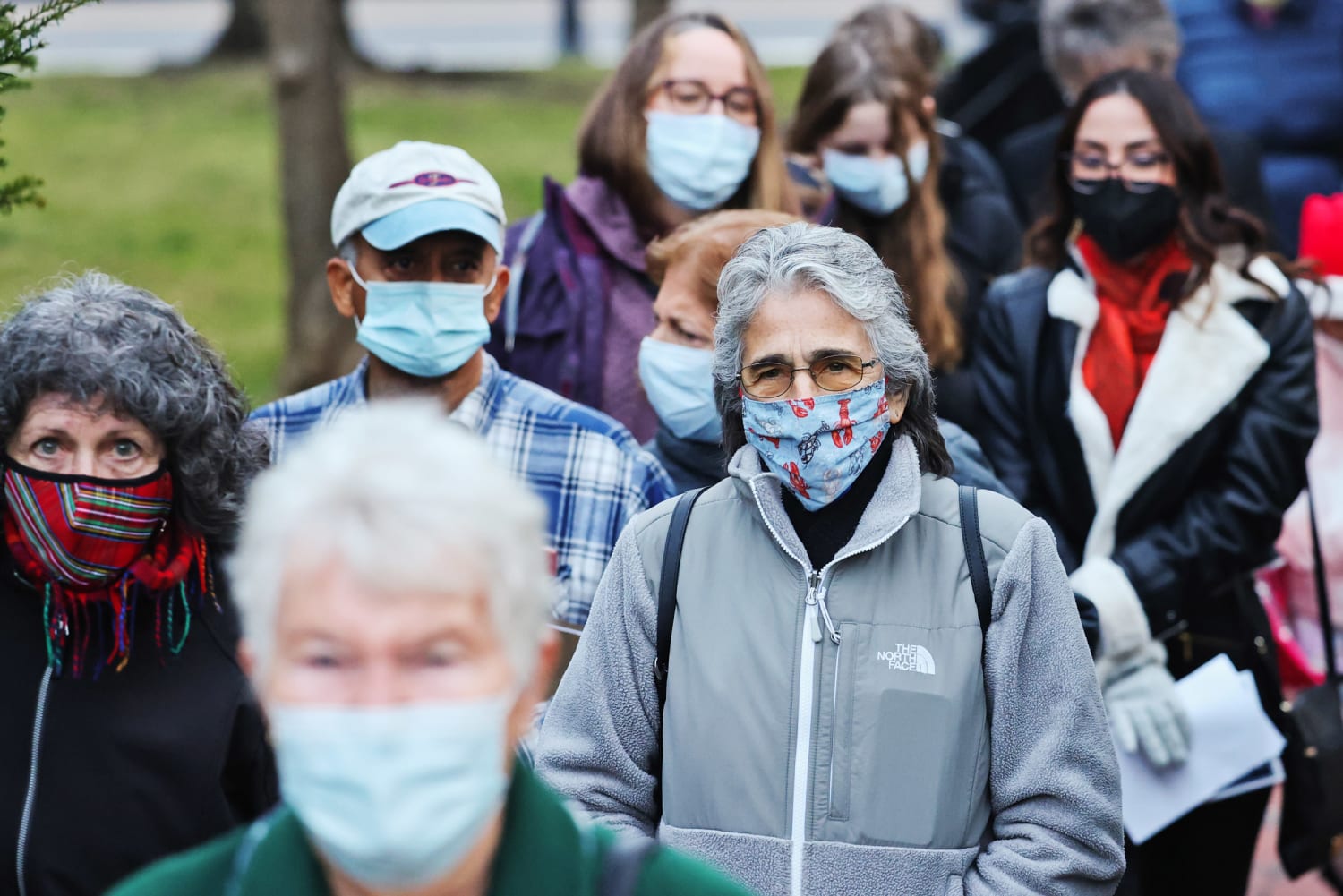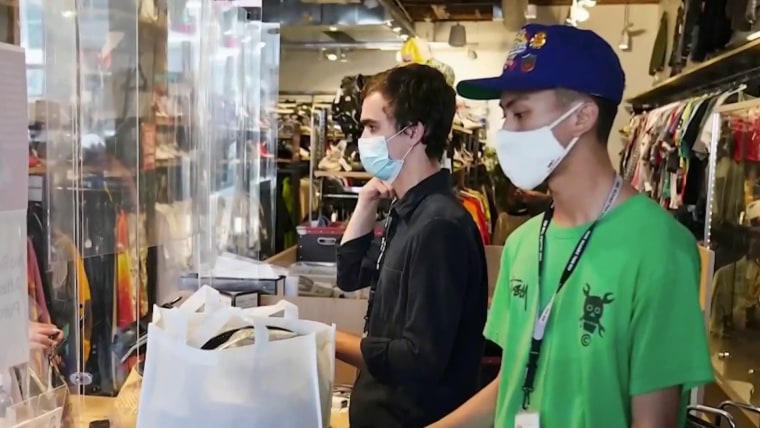There’s an old adage in public health about a village by a river.
Every few days, the story goes, villagers hear cries for help coming from the river and pull out people who are drowning. This cycle repeats itself, over and over. The village builds floats; it trains search and rescue teams. But as time passes, people continue to drown, and it feels like an impossible battle to win. Some people in the village start to say, “We should just let them drown.” Arguments ensue, until one day they realize the drowning people are all coming from rapids upstream. When villagers put up a sign warning boaters about the rapids, boats stop capsizing — and drowning passengers stop drifting down into the village.
Today, as we suffer through yet another Covid-19 variant surge, I wonder why we are still merely saving the drowning people, instead of also looking upstream.
Today, as we suffer through yet another Covid-19 variant surge, I wonder why we are still merely saving the drowning people, instead of also looking upstream.
Sure, doctors and researchers have created some great tools to help drowning Americans — those who’ve already been infected by SARS-CoV-2. We now have rapid tests that can be used at home; oral and intravenous antivirals; monoclonal antibodies; and cutting-edge techniques to manage those who end up hospitalized, despite our best efforts. And vaccines and high-quality masks should help us reduce the risk of capsizing — of getting infected with Covid in the first place.
But even if we’re heading toward an endemic world, we’re still thinking small when we should be thinking big. Here we are, a year later, still insisting that this is just a one-time surge and that the water will somehow stop flowing downstream.
So let’s be clear: The time to plan is now.
Back in the first surge — in spring and summer 2020 — it was understandable that we had no plan. It was a brand-new virus. We had no personal protective equipment, we had no treatments, and we had no prevention tools. There was literally nothing we could do, other than stay home, if we wanted to save lives.
But by last winter, scientists and politicians knew what we needed to do — both to help those who were drowning and to identify the rapids before people got to them. By the early months of 2021, it was apparent that this virus was able to mutate. Although we had high hopes for the vaccines, we also knew we needed plans in place for inevitable surges.
Yet, here we are, still too often rushing to put plans in place during yet another variant’s surge.
Now, I am not angry at the virus itself. Viruses will mutate, and variants are inevitable. Rather, I’m angry at our inability to think beyond an all-or-nothing response to SARS-CoV-2. Our country keeps see-sawing between a desire for “zero Covid” and a desire to “let it rip.” Neither option works. Despite recent statements by President Joe Biden that “Covid, as we’re dealing with it now, is not here to stay,” the sad truth is Covid will, in some form, be part of our reality forever.
If we’re lucky, this reality will be different from what we’re currently experiencing. Maybe, if the fates align, omicron will bring us to that fabled “endemic” state. Maybe, it’s possible, we will “all catch omicron.” But there is no guarantee that an infection with this variant will provide long-lasting immunity. And to be clear, the Great Barrington Declaration’s concept that we can just expose the young and let the chips fall where they may has been proven to be harmful. Covid is among the leading causes of death for all age groups in the United States. (Besides, condemning older people and people with chronic conditions to forever-lockdown is a morally bankrupt strategy.)
More importantly, the virus is still mutating, and there is no guarantee that future variants will be mild. There is a high chance that more surges are in our future, particularly for unvaccinated people.
So we can once again convince ourselves that as long as we save those who are currently dying, we’re fine. But we are setting ourselves up for another round of being overwhelmed.
If we stop celebrating prematurely and instead become proactive about preparing for almost-inevitable next surges, we can, hopefully, change the pattern.
What is the alternative? If we stop celebrating prematurely and instead become proactive about preparing for almost-inevitable next surges, we can, hopefully, change the pattern.
The plan for how to do this is not particularly intellectually complicated. It is, in fact, what many of us have been calling for since the early days of the pandemic (and what the then-incoming Biden-Harris administration so effectively proposed in January 2021): to practice public health at its best. Yes, we need people to be vaccinated, period, and the Biden administration has done an incredible job of saving lives by making this first step happen. But more is needed. We also need investments in better data systems, now, to signal when a surge is on its way and to provide clear metrics of when to increase protections (like masks) — and clear lines about when these protections can be relaxed.
We also need more easily available tests, more affordable and equitable treatments, more consistent high-quality ventilation, better community engagement — and we need it all set up in a way in which it can be called on if and when needed. As colleagues have highlighted, we know how to do this. We can and must do it today, to prepare for tomorrow.
Otherwise, if we continue to wait to act until the boats are in danger of capsizing, or the people are already floundering in the water, it will be too late.
Source: | This article originally belongs to Nbcnews.com











